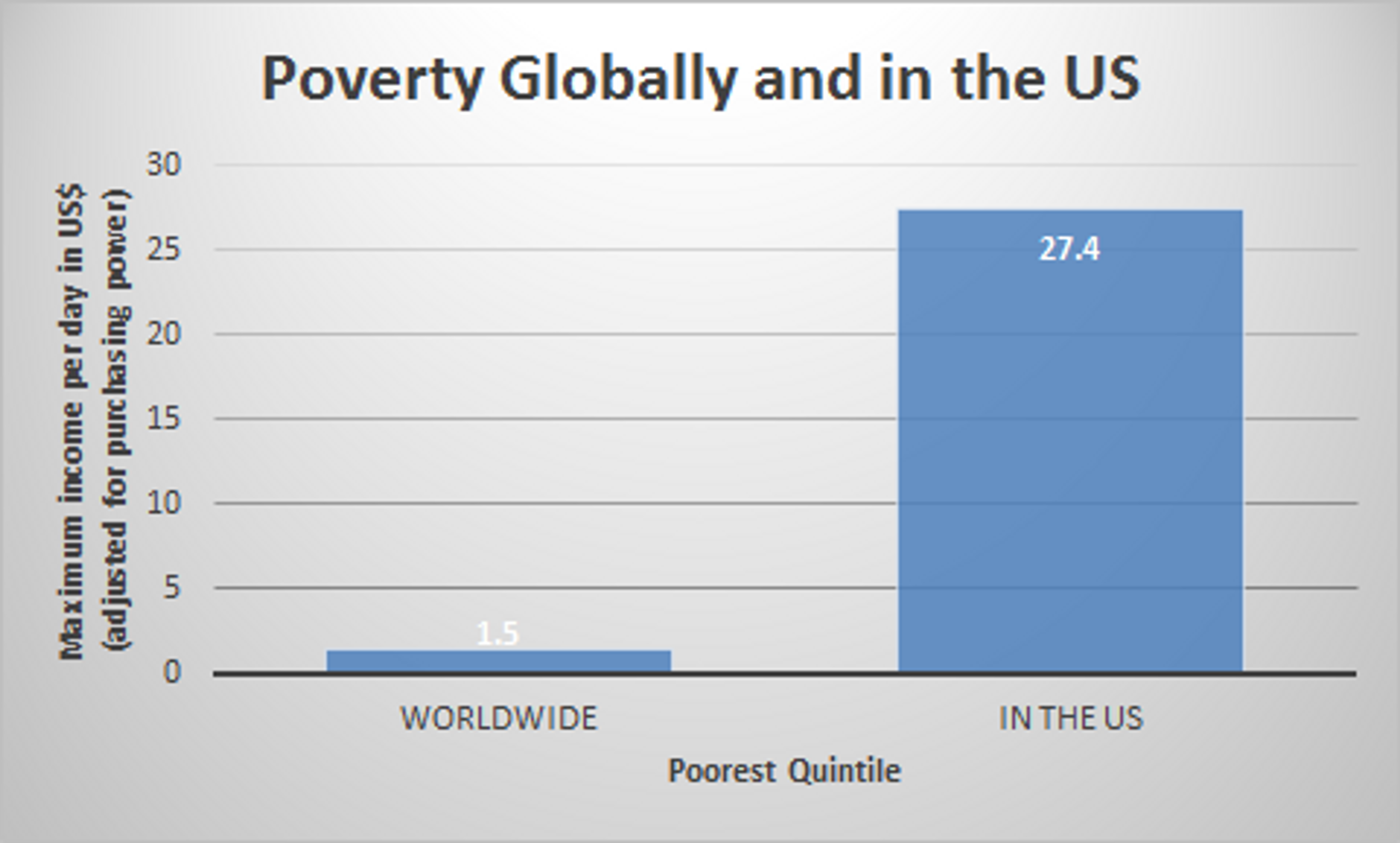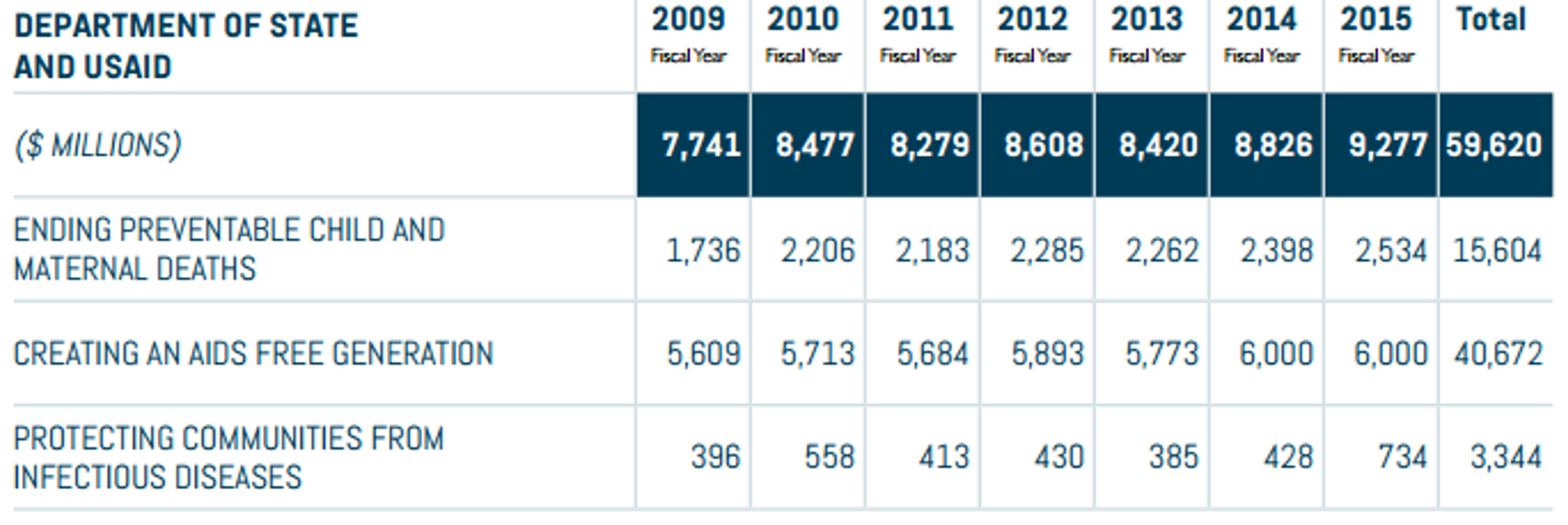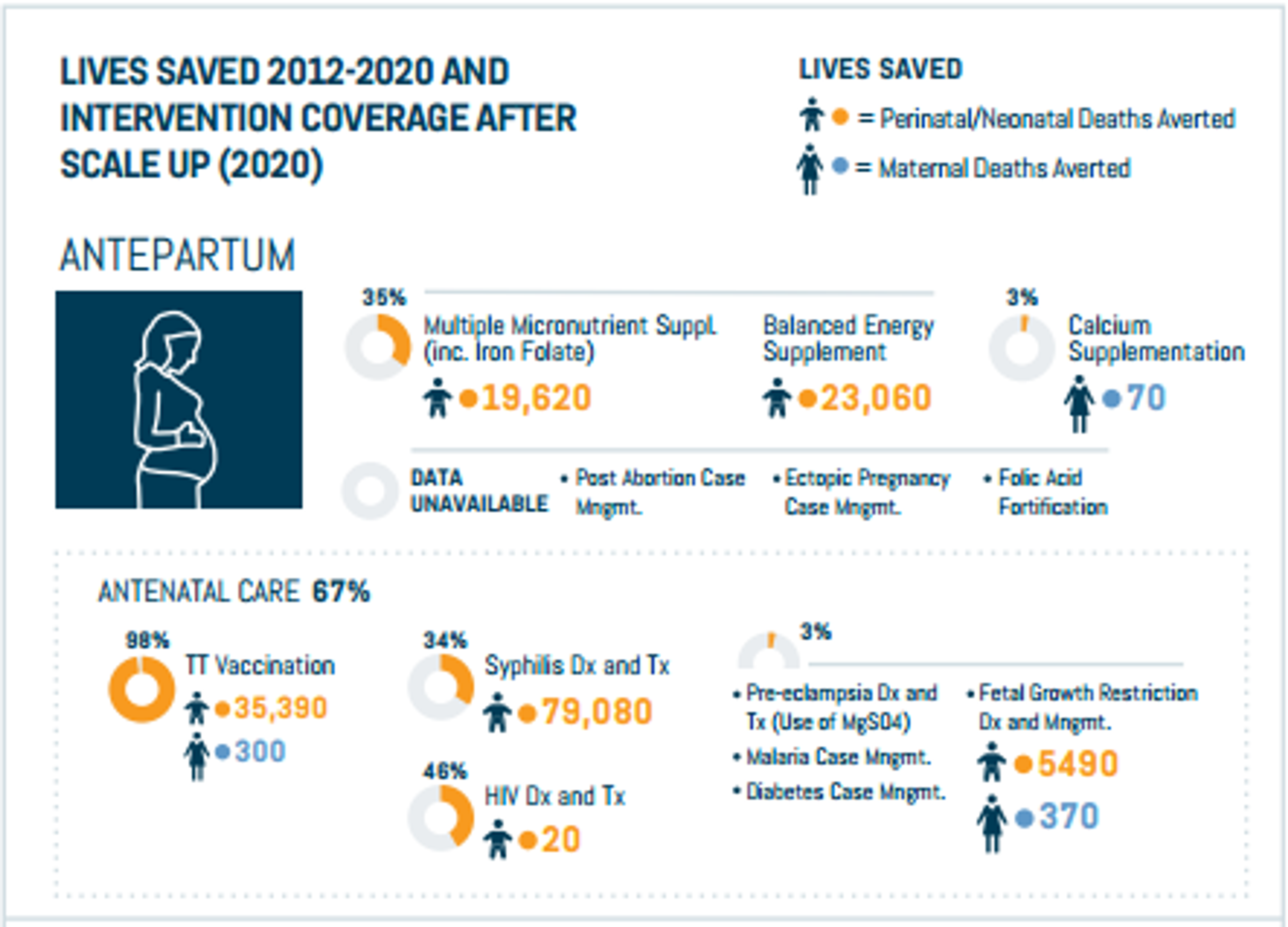The United States Senate is currently considering the Reach Act, a bill that USAID argues could save the lives of 15 million children and 500,000 mothers – Effective Altruists should take note.
At its core, the Reach Act would create a Maternal and Child Health Survival Coordinator position at USAID, who would prioritize spending on the most cost-effective, evidence-based interventions. The Reach Act builds on Acting on the Call, a report commissioned to identify the most high-impact interventions in maternal and child health.

USAID’s best performer model gives a benchmark for the impact scaling up maternal mortality interventions could have through 2020.
Raj Shah, the previous administrator at USAID, instituted a number of reforms that has allowed USAID to save more lives. This legislation is about codifying and institutionalizing those reforms through future administrations.
An important distinction that Effective Altruists will notice is that this legislation (at least in the short run) will save lives primarily by prioritizing the best interventions, rather than summoning up new resources for global health. This means that the true number of lives saved by the Reach Act will be the difference between the impact of the interventions USAID funded before and after the reforms are enacted.
USAID does not specify which interventions will be de-prioritized, possibly because this involves upsetting constituencies within USAID. It’s impossible to tell exactly how many lives this legislation could save because this number hinges on decisions that future Maternal and Child Survival Coordinators will make.

USAID’s priorities affect billions of dollars of aid every year.
However it is very clear that USAID’s intentions under Raj Shah align nearly perfectly with EA values. The interventions USAID has prioritized are highly cost-effective – vaccinations, micronutrient supplementation, breastfeeding, and other priority interventions identified by GiveWell feature prominently in Acting on the Call. Under Raj Shah, USAID has made allocation decisions to prioritize funding within 24 focus countries that have 70% of global maternal and child deaths and scaled up evidence-based and cost-effective interventions.
Ultimately, the Reach Act will also elevate the profile of global health and create favorable conditions that could deliver more overall funding for cost-effective interventions. This will happen through 3 major reforms: the Reach Act will 1) create an inter-agency working group to produce a “whole of government” 10-year plan for ending maternal and child deaths by 2035, 2) obligate the White House to report to Congress on this plan, and 3) establish a public-private partnership to generate more financial resources.

In India, USAID’s focus on several interventions could save tens of thousands of lives.
It is also likely that USAID will be able to demonstrate much greater impact through Reach Act reforms, making the case for increased funding much easier. Together, these reforms would generate resources and create accountability mechanisms for political actors that are not currently using their power to improve global health as much as they could.
Effective Altruists bemoan the lack of opportunities to effectively do good in the world beyond cost-effective charitable giving. Let’s be clear: giving to GWWC-recommended charities represents the clearest and easiest way to improve the world for individuals in the developed world. But supporting the Reach Act offers the potential to improve millions of lives and refine US efforts to save lives in the developing world.